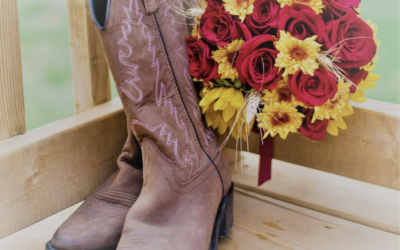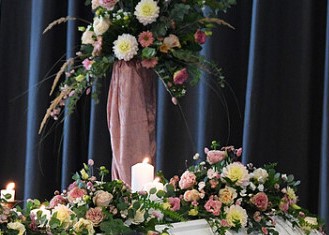Every time I come to a conference I am touched by the stories I hear, particularly from other therapists. Today was one of those moments.
I met someone whose friend lost a loved one, and the intimate partner of the loved one was being treated less than kindly by the extended circle because they chose to recover in the company of someone new in their life. It was not long after the death, and that seemed to add to the unhappiness with the choices they were making in their recovery from the loss.
You know what struck me most? The kids were supportive of the decision. The friends were not. And the therapist friend totally understood that the partner had finished grieving quickly because the illness was so long.
Usually it is the opposite, or the entire group is unhappy with a decision such as that. Therapists as well have biases in that area. Some today have told me how much they believe in the concept of stages in grief, and there being a time frame for grief- and this recovery would not fit those timeframes.
As therapists, we need to be more like the kids in this situation. We need ot hear a grieving partner when they say they were basically done grieving at the time of death. They needed some time to physically recover, because the dying process is exhausting for the partner. They needed time to sleep and get their bearings when they really woke up alone.
But they did not need six months, or a year, or whatever time frame others had in mind. They needed to feel free to reach out, to feel touches, and to see a look of intimacy looking back at them again. They needed support, not criticism. They needed to feel safe sharing that they had found happiness, not afraid to share and a need to hide.
And when they found a therapist to deal with the criticism, they needed all that and more.
That’s our role in grief work- to truly go where the client is, and to allow them their grief recovery in the way they need it. To not shy away from the subject of intimacy and physical needs after a long death process. To support our clients in their choices, and to support them if they do not work out the first time. To hold space as they recreate life after a life changing event. To be part of their solution, not to hold them back with preconceived ideas about what grief should look like. It’s theirs, not ours.
I am excited to be able to share some of that and to challenge the folks attending my talk this week at CAMFT- and looking forward to sending therapists out to really do grief in a way that allows the client to feel supported and free to share, recover, and become who they are going to be in the transformative experience that is grief.




